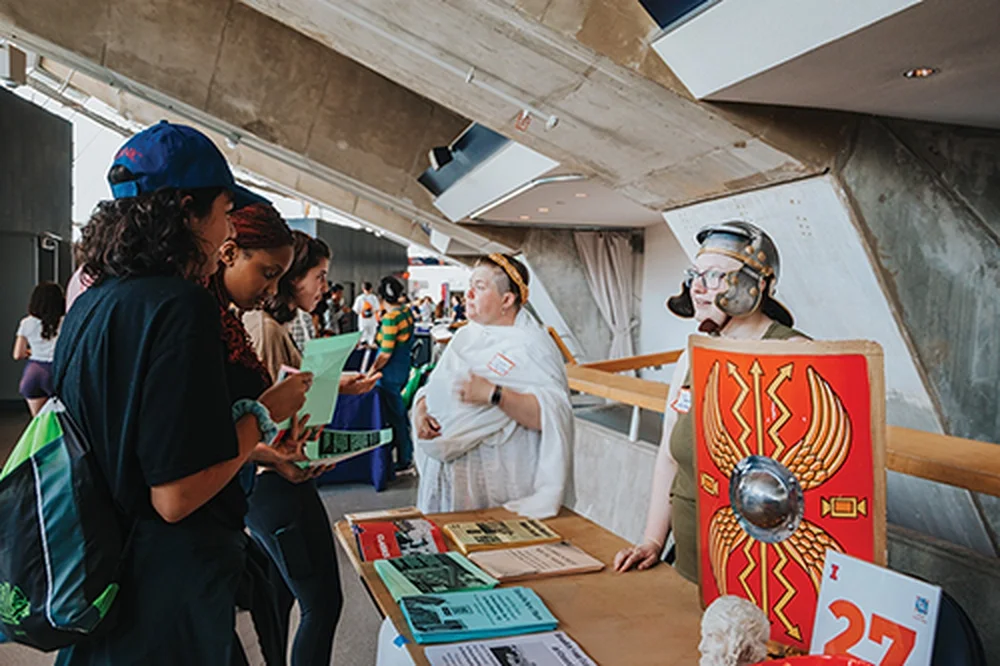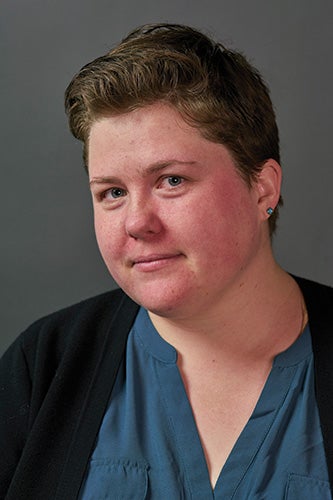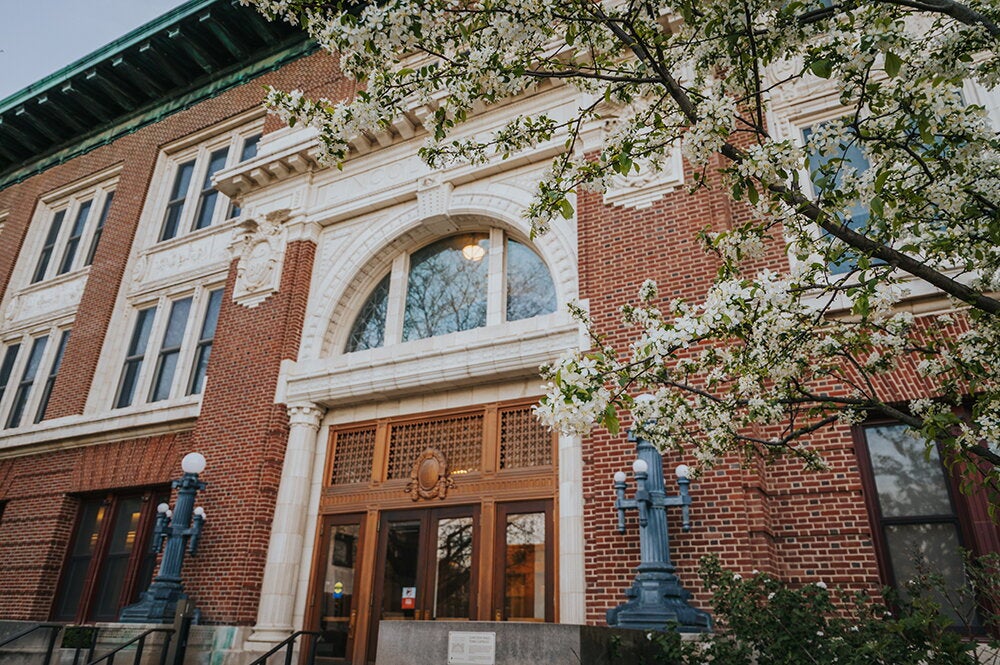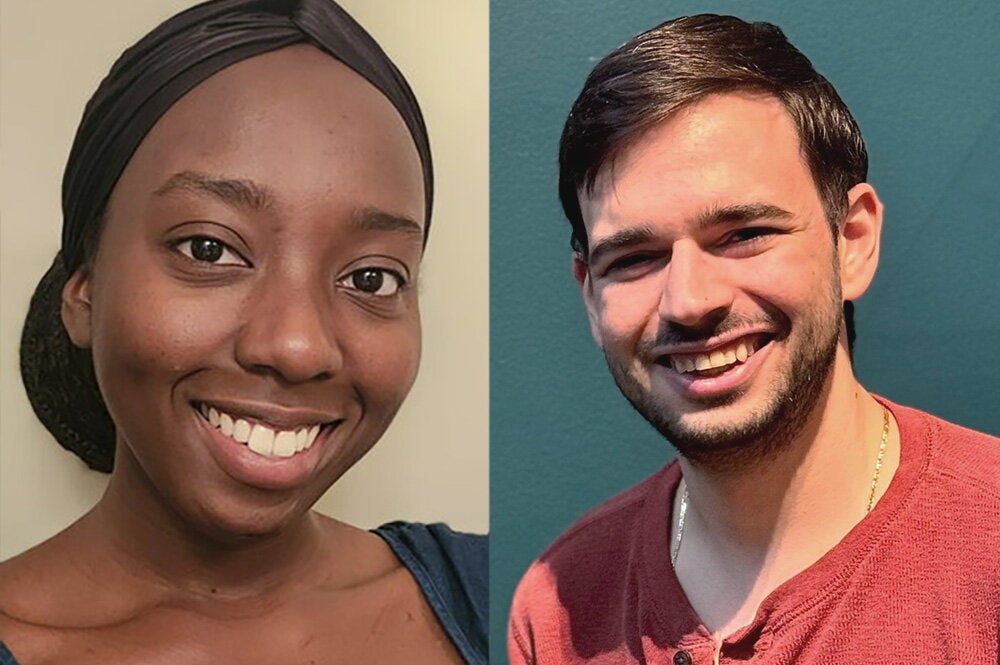

Professor of classics Clara Bosak-Schroeder’s first book, “Other Natures: Environmental Encounters With Ancient Greek Ethnography,” (UC Press 2020), explored how ancient Greek authors cast humans and nonhumans in complex, inter-dependent relationships. Her latest work blends creative nonfiction and scholarship to examine ancient monuments.
What are you currently writing?
I am writing a digital book called “Seven Wonders” that blends fiction, creative nonfiction, and scholarship to investigate how contemporary artists from marginalized standpoints are reimagining ancient monuments. My case studies include Kara Walker’s “A Subtlety” (2014) and Lakshmi Ramgopal and Nancy Davidson’s “Hive” (2020). Greek and Roman antiquity, despite being multi-ethnic, has often been seen as the “heritage” of white people; on the contrary, whiteness and other modern racial categories were unknown in the ancient world. White supremacist engagements with Greece and Rome have received a lot of attention from classicists, and rightly so, but I am even more fascinated by people of color who are reclaiming Greece and Rome as their own.
Describe a moment when your career changed direction.
Since completing my first book in 2020 I have devoted most of my writing to creative nonfiction, or projects like “Seven Wonders” that blend creative nonfiction and scholarship. As much as I love traditional research it does not typically allow you to express a personal voice, a limitation in form that also limits the meaning (and pleasure) scholarly writing can provide. In lieu of an MFA or other degree program I built a community of other writers at Illinois, including Amanda Bales and Dana Kinzy in the English department, who have critiqued and nurtured my creative practice ever since.
What kinds of lessons do you impart on your students?
Students often come to my classes with an interest in the ancient world, and I love to connect that interest to the present day. I firmly believe that the past can help us think through the challenges of the present in new and constructive ways. I teach a variety of media, but literature remains at the core of my teaching practice. In our information-saturated environment it’s becoming harder and harder to have slow, immersive reading experiences. I try to communicate the value of that experience to my students and
give them opportunities to practice it.
Editor's note: This story first appeared in the Fall 2024 issue of The Quadrangle.


